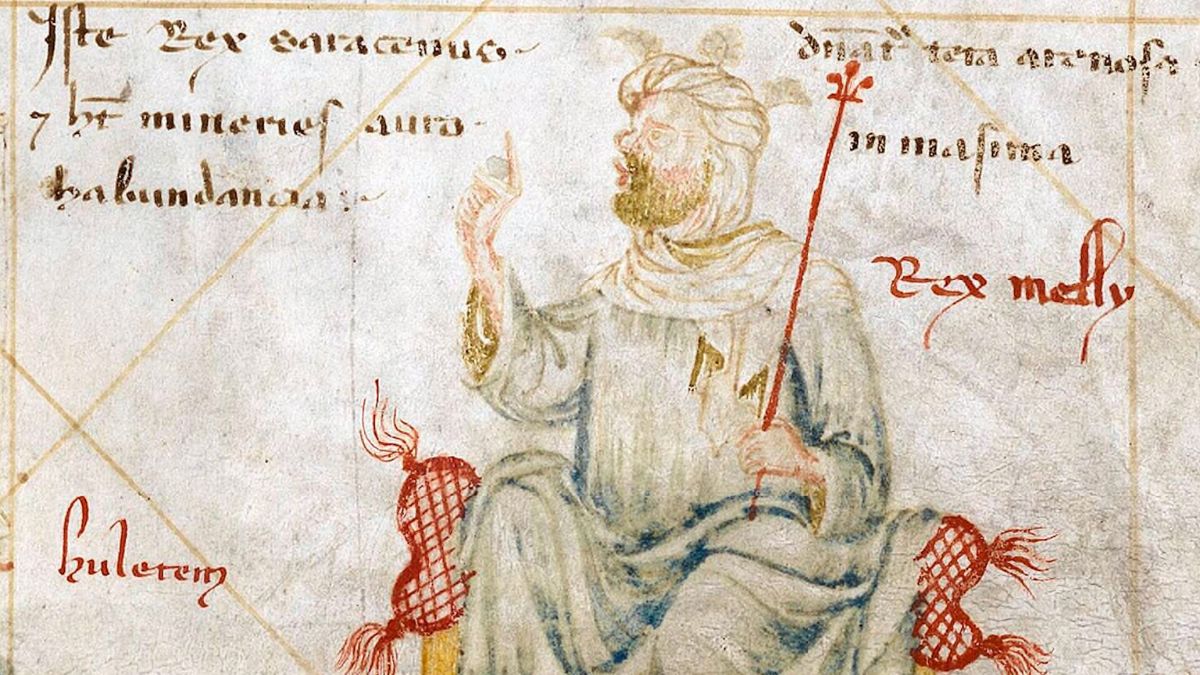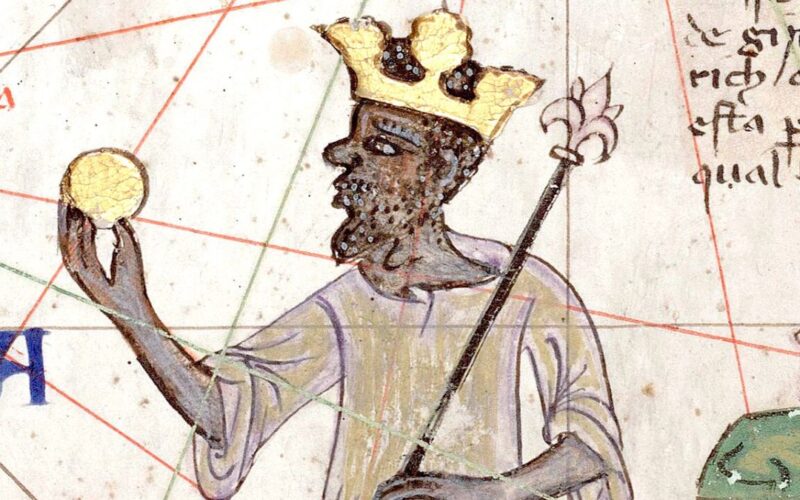Mansa Musa, the 14th-century ruler of the Mali Empire, holds a place in history as one of the most renowned and affluent individuals to have ever lived. His legacy is steeped in wealth, influence, and a significant impact on African history. Here are the top 10 facts that illuminate the life and achievements of Mansa Musa:
Rise to Power
Mansa Musa ascended to the throne in 1312 after the death of his predecessor, Abu-Bakr II. His empire, Mali, was one of the largest and wealthiest in Africa at the time, covering modern-day Mali, Senegal, Gambia, Guinea, Niger, Nigeria, and Chad.
Unprecedented Wealth
Estimates suggest that Mansa Musa’s fortune was so vast that he is often considered the wealthiest person in history. His empire was abundant in natural resources, particularly gold, which significantly contributed to his immense wealth.
Golden Pilgrimage
One of the most iconic events of Mansa Musa’s reign was his pilgrimage to Mecca in 1324. This journey not only fulfilled his religious obligation as a devout Muslim but also showcased his wealth to the world. Historical accounts depict his caravan consisting of thousands of attendants, camels carrying gold, and generous acts of charity along the way.
Generosity and Philanthropy
During his pilgrimage, Mansa Musa distributed a substantial amount of gold in the regions he passed through, primarily in Cairo. His generosity was so profound that it caused inflation in the region, and it took years for the economy to stabilize.
Timbuktu’s Golden Era
Mansa Musa’s reign marked a golden era for the city of Timbuktu, which became a prominent center of trade, learning, and culture. He invested heavily in the city, supporting mosques, schools, and libraries, which attracted scholars, artists, and merchants from across Africa and the Middle East.

Architectural Contributions
Under his rule, Mansa Musa commissioned several architectural marvels, including the famous Djinguereber Mosque in Timbuktu. These structures not only served religious purposes but also symbolized the empire’s prosperity and cultural sophistication.
Educational Patronage
Recognizing the importance of education, Mansa Musa supported the establishment of numerous schools and universities in Mali. This emphasis on learning contributed significantly to the empire’s intellectual growth and cultural development.
Economic Influence
The influx of gold from Mali during Mansa Musa’s reign had a profound impact on the economies of regions he traversed. It reshaped trade routes and contributed to the global perception of West Africa as a center of immense wealth and prosperity.
Cultural Legacy
Mansa Musa’s reign left an enduring cultural legacy. His patronage of the arts, literature, and architecture enriched the cultural tapestry of Mali and the wider African continent, leaving a lasting impact on future generations.
Historical Significance
Beyond his immense wealth, Mansa Musa’s rule remains a crucial chapter in African history. His achievements challenged Eurocentric views of African civilizations and showcased the sophistication, wealth, and influence of pre-colonial African empires.
Mansa Musa’s life and legacy continue to captivate historians, economists, and cultural enthusiasts, serving as a testament to the grandeur and richness of Africa’s past. Mansa Musa’s unparalleled wealth, generosity, cultural contributions, and enduring legacy make him a figure of immense historical significance, not just in African history but in the annals of global civilization.










